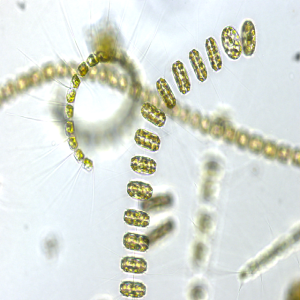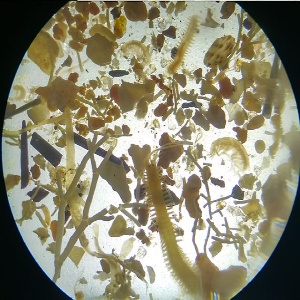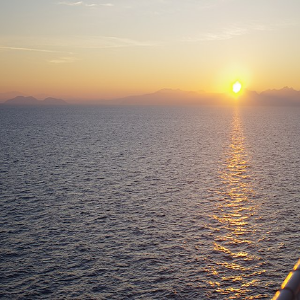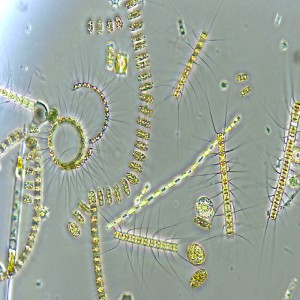Ecosystem effects of dense water formation on deep Mediterranean Sea ecosystems: an overview
Submitted: 27 May 2015
Accepted: 27 May 2015
Published: 1 June 2010
Accepted: 27 May 2015
Abstract Views: 2194
HTML: 431
Publisher's note
All claims expressed in this article are solely those of the authors and do not necessarily represent those of their affiliated organizations, or those of the publisher, the editors and the reviewers. Any product that may be evaluated in this article or claim that may be made by its manufacturer is not guaranteed or endorsed by the publisher.
All claims expressed in this article are solely those of the authors and do not necessarily represent those of their affiliated organizations, or those of the publisher, the editors and the reviewers. Any product that may be evaluated in this article or claim that may be made by its manufacturer is not guaranteed or endorsed by the publisher.
Pusceddu, A., Mea, M., Gambi, C., Bianchelli, S., Canals, M., Sanchez-Vidal, A., Calafat, A., Heussner, S., De Madron, X. D., Avril, J., Thomsen, L., Garcìa, R., & Danovaro, R. (2010). Ecosystem effects of dense water formation on deep Mediterranean Sea ecosystems: an overview. Advances in Oceanography and Limnology, 1(1), 67–83. https://doi.org/10.4081/aiol.2010.5295
PAGEPress has chosen to apply the Creative Commons Attribution NonCommercial 4.0 International License (CC BY-NC 4.0) to all manuscripts to be published.



 https://doi.org/10.4081/aiol.2010.5295
https://doi.org/10.4081/aiol.2010.5295







